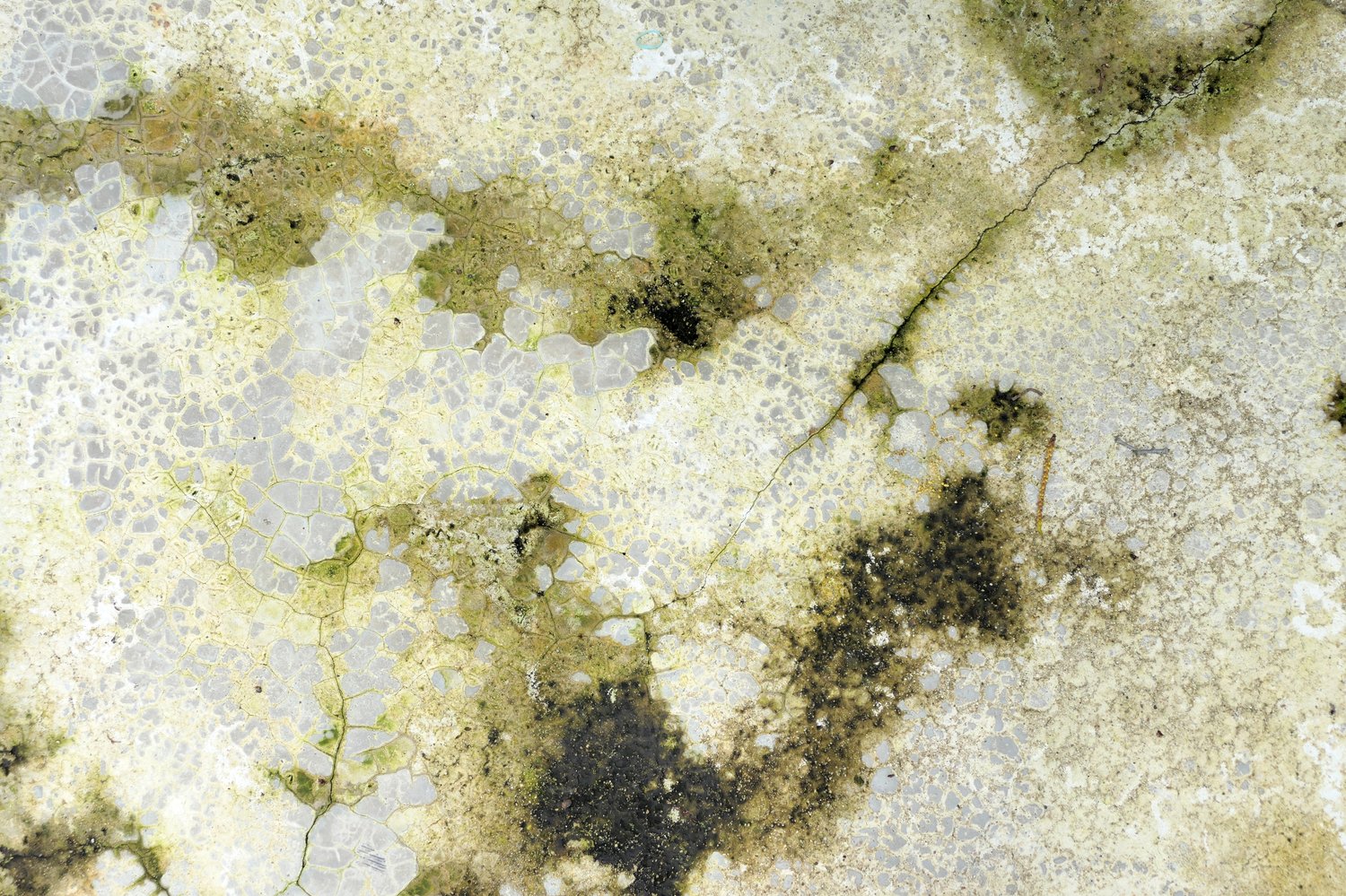Your air conditioner is supposed to provide a cool haven during those sweltering days, not an unpleasant musty odor that makes you cringe every time you walk into the room. Could this offensive smell be a sign of a deeper problem lurking within your unit? Understanding and managing these odors can ensure your space remains fresh and inviting.
- Identify the Culprits: Discover how mold growth, clogged filters, and drainage issues might be the hidden causes of your AC’s musty smell.
- DIY Exploration: Learn how to inspect your unit for signs of mold, mildew, or blockages to pinpoint the root cause effectively.
- Practical Solutions: Uncover easy cleaning techniques that will help you banish those musty odors and maintain a fresh atmosphere.
By diving into the details of your air conditioner’s issues and knowing how to address them, you’re equipping yourself with the tools to keep your environment clean and your unit running smoothly. Dive deeper into this topic and regain control over your home’s comfort and freshness.
Understanding Musty Smells in Air Conditioners: 6 Common Causes Explained
Musty odors emanating from your air conditioner can be both frustrating and concerning. Understanding the common causes of musty smells in air conditioning systems is essential for finding an effective solution. One of the primary culprits is mold growth. Mold thrives in damp environments, and an air conditioner’s moisture can create the perfect breeding ground.
Another common cause is clogged filters. When filters are overloaded with dirt and dust, they’re less effective at trapping particles, allowing mold and mildew to develop. Drainage issues also frequently contribute to musty smells. A blocked or improperly functioning drain line can lead to water accumulation, fostering conditions for mold and mildew.
Additional factors include stagnant water in drip pans, which if not regularly emptied or cleaned, can emit unpleasant odors. Humid environments exacerbate the problem by providing consistent moisture, and dirty coils can trap moisture and organic compounds, further promoting microbial growth.
Recognizing these issues is the first step toward maintaining a fresh and healthy indoor environment. By identifying the source of the odor, you can prevent recurring problems and ensure your air conditioning system operates optimally.
DIY Inspection: How to Pinpoint the Source of Musty Odors
Conducting a DIY inspection of your air conditioner can help you pinpoint the source of musty odors, ensuring that you address the issue effectively. Begin by turning off the power to your air conditioner for safety. Then, remove the unit’s cover to access its internal components.
Initially, examine the air filters for any visible signs of mold or accumulated dust. Clean or replace them if necessary. Next, check the drip pan and drain lines for blockages or standing water, as these can harbor mold and mildew. Ensure that the drain line is clear, allowing water to escape properly.
Inspect the coils and surrounding areas. Look for mold patches or unpleasant odors that may indicate microbial growth. Wipe the surfaces with a damp cloth and a mild cleaner to remove any buildup.
Finally, scrutinize the ductwork if accessible. Look for moisture or blockage signs, which may hinder airflow and promote odor development. By diligently inspecting these components, you can significantly reduce the occurrence of musty odors, ensuring a clean and healthy air conditioning system in your home or office.
DIY Cleaning Methods to Eliminate Musty Smells from Your Air Conditioner
Maintaining a fresh and efficient air conditioning system requires regular cleaning. Common causes of musty odors, such as clogged filters and mildew, can often be resolved with straightforward cleaning techniques. These practical methods will help you effectively address these issues.
Clean or Replace Air Filters
Your air conditioner’s filters are the first line of defense against dust and allergens. Over time, they can become clogged with debris, leading to unpleasant odors and reduced efficiency. To tackle this, regularly inspect your air filters. Clean them if they are reusable by rinsing with water and allowing them to dry completely before reinserting. For disposable filters, replace them according to the manufacturer’s guidelines.
Unclog and Clean Drains
Drainage issues are a common source of musty smells in air conditioning units. The moisture collected by the system should drain away efficiently, but blockages can occur and lead to water buildup. Use a mixture of vinegar and warm water to flush the drain line, ensuring it flows freely. This prevents stagnant water and the growth of mold, which can contribute to odors.
Disinfect Internal Components
To thoroughly rid your air conditioner of musty odors, it’s important to disinfect internal components. Switch off the unit and unhook it from the power supply for safety. Use a solution of equal parts vinegar and water to wipe down coils, fins, and the inside casing. This mixture is effective in eliminating mold spores and bacteria that cause unpleasant smells.
By systematically cleaning these key areas, you can not only eliminate musty odors but also extend the life of your air conditioning system. A clean unit is more efficient and ensures the air in your space stays fresh and pleasant.
Frequently Asked Questions About Musty Air Conditioner Smells
What causes a musty smell in air conditioners?
The most common causes include mold growth, clogged filters, and drainage issues.
How can I tell if my air conditioner smells musty due to mold?
Inspect the unit for visible mold and check for damp or discolored spots.
Can a dirty filter cause musty odors in an air conditioner?
Yes, clogged filters can trap moisture and lead to unpleasant smells.
How do I clean my air conditioner filter?
Remove the filter, wash it with mild detergent and water, then let it dry completely before reinstalling.
What should I do if my air conditioner’s drainage is clogged?
Clear the drain line with a vacuum or use a brush to remove blockages.
How often should I inspect my air conditioner for odors?
Regularly inspect your unit at the start and end of each season.





